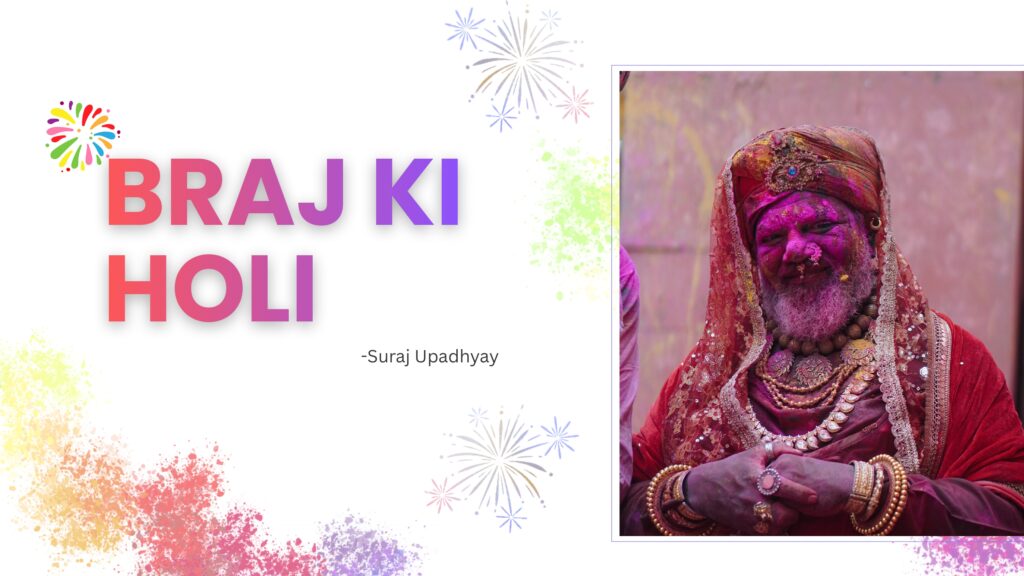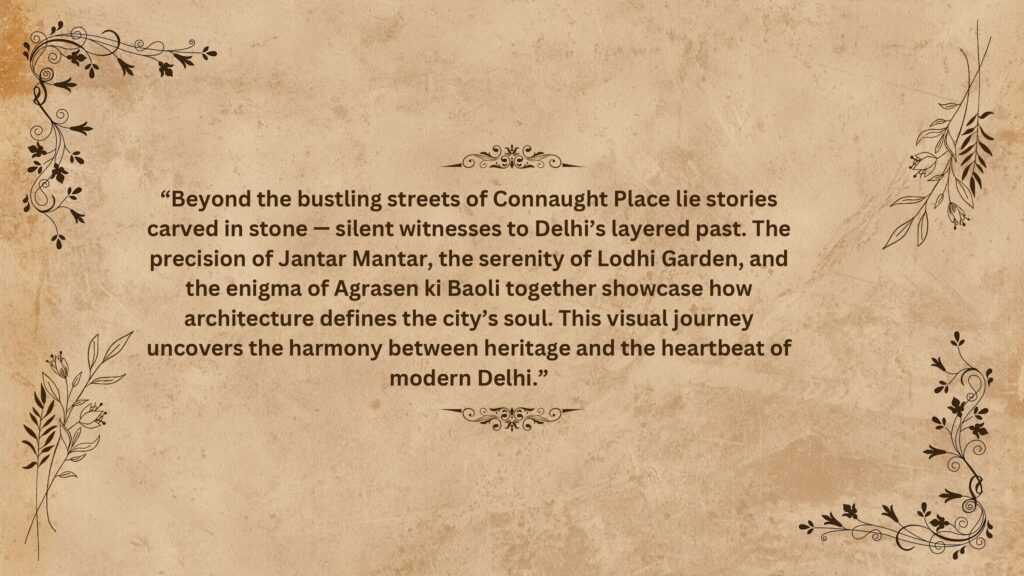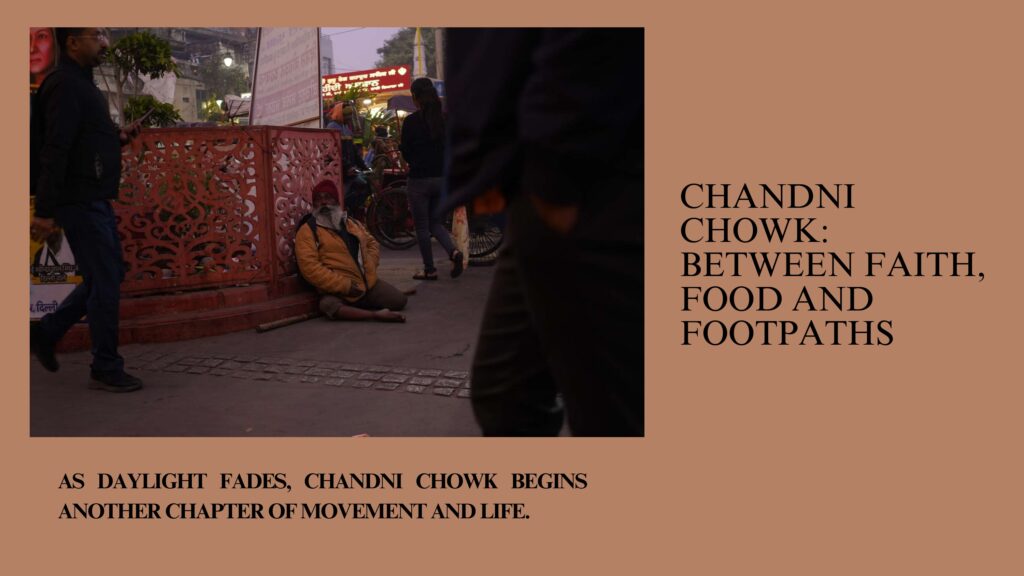Neha Nedhi
Water created everything in the universe. The gods emerged from the fusion of salty Tiamat
and sweet Apsu water. Mummu, the roar of the waves, and Lakhmu and Lakhamu, two
enormous serpents, were both born from Apsu and Tiamat. These serpents in turn gave rise to
Kishar, the earth, and Anshar, the skies. The major gods Anu, Enlil, and Ea in addition to other
deities of the heaven, earth, and underworld all descended from these two.
Since Apsu and Tiamat were unable to sleep due to the noise of several of these new gods, they
were upset. Then, these ancient goddesses debated whether or not to wipe out their
descendants.
The all-knowing Ea employed magic to abduct her and Mummu after learning of Apsu’s scheme
to exterminate the gods. To punish Ea and his allies, Tiamat was enraged and whipped up a
gigantic army of gods and bizarre animals.
When Ea visited his father Anshar, Anshar suggested that he send Anu to battle Tiamat. But the
goddess & her army frightened Anu and Ea equally. Then Ea summoned Marduk. If given
complete control over the gods, Marduk vowed to conquer Tiamat. He was given kingship by
the gods, who also celebrated in his honour. The throne, the sceptre, and an unbreakable
weapon were given to Marduk.
Marduk rode out to confront Tiamat in his chariot, a tempest, drawn by four terrifying horses,
equipped with a bow and arrows, lightning, winds, a cyclone, and an unique net. Marduk
grabbed Tiamat in their net after their altercation. Marduk unleashed the hurricane as she
opened up her mouth so swallow him, filling her stomach and jaws and startling her. Then
Marduk killed her by shooting and arrow into her stomach. When Tiamat was defeated, her
army fled in confusion, yet Marduk caught everyone in his net, bound them, and threw them
into to the underworld.
The gods must have been angry with humanity because they convened a council and decided
that everyone should be drowned. However, Ea, the goddess of wisdom, wanted to spare
people. Ea instructed Uta-Napishtim to construct a ship for their family and all the other living
things. Since Uta-Napishtim put in a lot of effort, his ship was ready when the rains started.
Everything on earth was inundated for six days and nights, and even the gods were terrified.
The winds and precipitation stopped by day seven. All had turned to mud, save for Uta-
Napishtim and his family. Uta-Napishtim sent out birds to determine whether the waves had
receded enough for the crew to disembark before the ship came to a stop on Mount Nisir. Uta-
Napishtim departed the ship and made a sacrifice to the gods atop a mountain peak after that a
raven failed to return. The only god who was upset that humanity had already been spared was
Enlil, the god of the storm. Enlil was appeased by Ea, though, and as a mark of their amicable
reunion, Enlil bestowed immortality onto Uta-Napishtim and his wife.
A clever, strong, and despotic ruler named Gilgamesh once exercised absolute sovereignty so
over ancient Sumerian metropolis of Uruk. He was famous for his military prowess and for
being an unbeatable wrestler. He was two thirds deity and one third mortal. Gilgamesh was
extremely lusty, and whether a woman was unmarried or married, he would kidnap her if she
caught his eye. No one could defeat Gilgamesh, which caused enormous anguish for the Uruki
people. To get Gilgamesh to leave their women alone, they begged to a goddess Aruru to
create a man who could defeat him.
Then Aruru produced the powerful Enkidu, a man covered in hair with bulllike legs. Enkidu
accompanied wild animals on their travels and helped them avoid hunters’ traps. Gilgamesh
dispatched a courtesan to attract Enkidu to his watering hole after learning of his prowess. The
courtesan stripped off her clothes and showed her breasts when she spotted Enkidu, who then
went to lay with her. Following this, Enkidu’s animal friends ostracised him since he had lost his
inherent innocence. The only thing left for Enkidu to do was take the courtesan’s suggestion
and go back to Uruk with her.
Gilgamesh dreamed of battling a strong adversary who could subdue him back at his palace.
When he told his mother Ninsun about the dream, she interpreted it as a sign he and Enkidu
would bond and grow close. After a fantastic match of wrestling, Gilgamesh & Enkidu sat down
as friends. Enkidu was given the opportunity to reside as in palace and share Gilgamesh’s
privileges.
Enkidu once had a dream in that he was taken by an odd, terrifying creature that eagle claws
and dropped into the realm of the dead. When Gilgamesh learned about the dream, he
sacrificed something to the sun god Shamash, who gave him the advice to go battle Khumbaba
the Strong, this same ruler of the Cedar Mountain. Enkidu, Ninsun, as well as the inhabitants of
Uruk attempted to stop Gilgamesh from going to a Cedar Mountain after they learnt of his
plans, but they were unsuccessful. Gilgamesh joined Enkidu and the two started out because
Gilgamesh was resolved to make the difficult, protracted trek and fight Khumbaba.
After leaving their fertile home behind, they went northwest, passing through a sizable desert,
arriving at the Amanus Mountains, & finally reaching the majestic Cedar Mountain as well as
the stockade of a monstrous Khumbaba. Gilgamesh challenged Khumbaba despite Enkidu’s
trembling heart. When no response was received, they offered a sacrifice to a idols & retired
for the evening. Gilgamesh had a dreamed of victory that night. After a fierce battle, Gilgamesh
was able to push Khumbaba to the earth, where Enkidu chopped off his head. Khumbaba had
charged them earlier that morning. Gilgamesh was able to chop down the sacred trees and
shrubs for the sanctuaries of Uruk because the monster was now dead.
The two heroes showered, got ready, and offered gifts to the gods. Gilgamesh was then visited
by Ishtar, who made an attempt to entice him. Gilgamesh rejected her, telling her that her
lovers typically had tragic ends. Ishtar had her retaliation prepared when Gilgamesh & Enkidu
brought the cedars back to Uruk. She set battle Bull of Heaven against Uruk with Anu’s
assistance. Gilgamesh and Enkidu caught the bull as they were destroying the city and killed it.
Enkidu then hurled that bull’s hide it Ishtar’s face in such an act of utter haste while threatening
to do so to her if possible. Then Enkidu received a deathly curse from the goddess Ishtar, and
after 12 days of illness, he passed away.
Gilgamesh was heartbroken about his friend’s passing because he understood that he would
eventually pass away. Gilgamesh set off in quest of Uta-Napishtim, the person who Enlil had
granted eternal life to, in an effort to discover the key to immortality. He made his way west, to
the remote Mount Mashu, defended by Scorpion-Men. Gilgamesh addressed the chief Dragon
with an anxious heart, and he gave him permission to enter the mountain. He emerged into a
goddess’ garden after spending a considerable amount of time in a tunnel. However, Gilgamesh
remained adamant about locating Uta-Napishtim, therefore the goddess pointed him in the
direction of Uta-boatman. Napishtim’s The goddess encouraged Gilgamesh to go back home,
enjoy the moment, and accept death gently. The boat captain warned of the dangerous seas
that encircled Uta-home. Napishtim’s But Gilgamesh was unfazed, and with boatman’s
assistance, he was able to traverse the treacherous waters. Gilgamesh finally made it to the
immortal man’s house. Uta-Napishtim scoffed at Gilgamesh’s stupidity and related his own tale
of how he attained immortality when the latter told him of his desire for perpetual life. Then
Uta-Napishtim pushed Gilgamesh to endure six days and 7 nights without sleep, just as he had.
Gilgamesh was worn out, but he had already dozed off.
The spouse of Uta-Napishtim was convinced to share the secret to immortal by his wife, who
felt sorry for the sleeping hero. They told Gilgamesh that there was a thorny plant there at
bottom of the sea after waking him up. As soon as he started searching for the plant, Gilgamesh
tied boulders to their feet and dove into the water. He descended to the bottom, located the
prickly plant, and pulled it out. He then loosened the rocks as well as swam to the surface
carrying the priceless plant. Gilgamesh returned home with a joyful heart because he could now
grant himself and the Urukeans eternal life.
Gilgamesh placed that plant on a stone near his home and then jumped into a little lake to take
a bath. And when he was swimming, a snake slithered over to the plant and devoured it.
Gilgamesh sobbed hard for a long time because he felt his huge effort to obtain eternal life had
been in vain. However, whereas snakes may live forever, people must pass away. Gilgamesh
left with a crushed heart and went back to Uruk. He was aware of the awful conditions the
dead endured in the netherworld since Enkidu had made it known to him. The fact also that
walls at Uruk would continue to stand as reminders of Gilgamesh’s rule would be his only
solace.
Analysis
Compared to Egyptian myths, Babylonian myths seem to be more active and male. Except for
Ishtar, the main gods are all male. The monster-goddess Tiamat is killed, and the cosmos is set in
motion by the male Marduk in the creation myth. And the patriarch Uta-Napishtim is
comparable to Noah in the Bible. Gilgamesh, however, is a more commanding figure than Osiris
beyond this. While Gilgamesh towers above others in his own mythology, Isis is the central
character in the myth of Osiris. Gilgamesh is depicted like a real man who is capable of
progress, in contrast to Osiris, who is idealized and immobile. Gilgamesh is a king who strives to
grant his subjects immortality, even if he is lecherous and brash. He is indeed manly, brave, a
genuine friend, a great fighter, and a man of manliness. He goes through the same suffering
and must face death like all of us do.
Gilgamesh also develops as a character as the narrative goes on. He starts out as a selfish ruler
who only cares about fights and ladies. Then he befriends Enkidu, and the two of them help
Uruk by defeating the heavenly Bull, bringing home the cedars, and killing the monster
Khumbaba. Gilgamesh finally leaves to seek immortal himself as well as his people, sparing no
expense in the process. Even though Gilgamesh’s tale contains many mythical components, we
nevertheless, see an actual hero in him.






